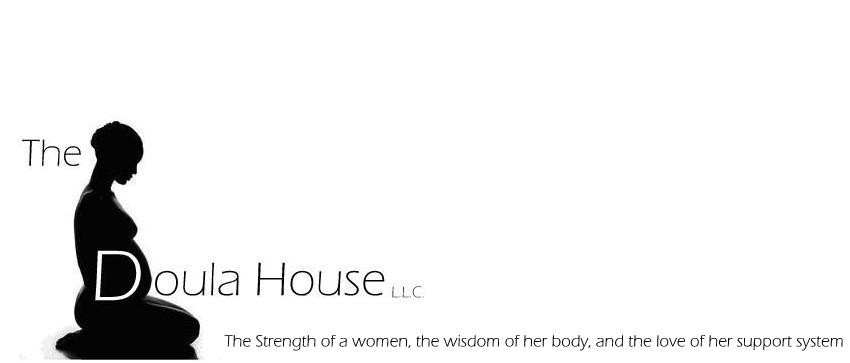Should Milk Sharing Among Mothers Be Encouraged?
My guest poster today is Karleen Gribble, PhD, Adjunct Research Fellow in the School of Nursing and Midwifery at the University of Western Sydney in Australia. She also serves as one of Lactnet's listmoms and is well-known worldwide for her research and writing on adoptive and long-term breastfeeding, the risks of formula-feeding, and infant feeding in emergencies. Thank you, Karleen, for weighing in on this hot topic.
The recent launch of the peer-to-peer breastmilk sharing group Eats on Feets has brought the issue of women sharing human milk to the attention of health authorities. Due to safety concerns, organisations such as Health Canada and the U.S. Food and Drug Administration have warned mothers not to use another woman’s breastmilk unless it comes from a milk bank. Individuals associated with milk banking have gone so far as to describe peer-to-peer milk sharing as “very unsafe” and “dangerous”
The discussion about peer-to-peer milk sharing has much in common with the discourse that surrounds bed sharing. We know many mothers bring their baby into bed with them at night.1 Bed sharing makes breastfeeding easier2 and breastfeeding mothers get more sleep.3 It also allows mother-baby interaction to continue throughout the night and may protect the infant against the long periods of deep sleep thought to contribute to SIDS.4,5
However, we also know that bed sharing is not always safe. We know that if a mother smokes, if she has consumed alcohol or other sedatives, if the baby is formula fed, if the sleep surface is a sofa or water bed, or if the bed is also shared with other children that a baby sleeping with his or her mother is at heightened risk of SIDS or accidental death. Infant deaths that occurred as a result of bed sharing under these circumstances have resulted in health authorities such as the American Academy of Pediatrics recommending that parents not sleep with their infants.6 It is ironic that not only does blanket condemnation of bed sharing potentially make parenting unnecessarily more difficult for some mothers, it also has the unintended outcome of increasing deaths in places other than beds, such as sofas. This has occurred because due to fears of falling asleep while feeding in bed, some mothers have gotten up to feed on a sofa, fallen asleep there, and infants have died as a result.7,8 Thus, it seems that bed sharing should not be promoted nor condemned. Rather, parents should be given information about how to bed share safely as well as its risks so they can examine their individual circumstances and decide for themselves where their baby sleeps.
It’s much the same with milk sharing. There is a growing awareness of the importance of breastmilk to the normal health, growth and development of children and of the unavoidable risks associated with the use of infant formula. There are also women who are unable to provide their child with all the breastmilk they require because they have had breast reduction surgery or a double mastectomy or because they have insufficient glandular tissue or are extremely ill. These women have the choice of either obtaining breastmilk from peers or using infant formula. Health authorities who have condemned peer-to-peer milk sharing have told these mothers to obtain human milk from milk banks. But banked donor milk is an extremely rare commodity available to only a tiny number of (usually hospitalised) infants.
The only real alternative to obtaining human milk from a peer is using infant formula, and the evidence for short- and long-term negative impacts on infants from exposure to infant formula is overwhelming.9 It is interesting that the same health authorities who condemn peer-to-peer milk sharing have not condemned the use of infant formula. One wonders why the risks of formula are somehow more acceptable than the risks of milk sharing. Is it because formula feeding is so entrenched in our cultures, while breastfeeding remains marginalised? It is ironic that nearly all of the risks Health Canada identified as applying to breastmilk from a peer (http://www.hc-sc.gc.ca/ahc-asc/media/advisories-avis/_2010/2010_202-eng.php) also apply to infant formula. But a similar health advisory on the use of infant formula does not exist.
Milk sharing allows mothers to avoid the risks associated with formula feeding. For some this may be particularly important, for example, those with a family history of diseases associated with formula feeding (diabetes or asthma), the death of a formula-fed baby from necrotising enterocolitis or SIDS, or a baby with formula intolerance. In most cases, milk sharing is not something a woman does lightly or without good reason. For one mother’s story, click here.
When mothers use human milk, they avoid the risks associated with infant formula. However, they potentially expose their child to a whole different set of risks. Fortunately, most of these risks are manageable and some very easily eliminated altogether. (Although very few diseases can be transmitted via breastmilk, one of them is HIV. Fortunately, however, a simple home pasteurisation process destroys HIV.10) The Eats on Feets website provides extensive information on managing and minimising risks associated with peer-to-peer milk sharing.
As with bed-sharing, peer-to-peer milk sharing should not receive either a blanket endorsement or condemnation, because the safety of the practice depends very much on the situation. An alternative to endorsing or condemning it is to acknowledge the reasons women want to milk share (banked donor milk unavailable, infant formula deficient), provide information on how to manage the risks (recognising that the risks are manageable) and affirm that it’s the parents’ decision. Just as with bed-sharing, as James McKenna noted: “It remains the right of parents to make informed decisions, which requires access to unbiased information exchanged within an appropriately relaxed and non-judgmental educational venue.”5
http://www.nancymohrbacher.com/blog/2010/12/6/should-milk-sharing-among-mothers-be-encouraged.html

No comments:
Post a Comment